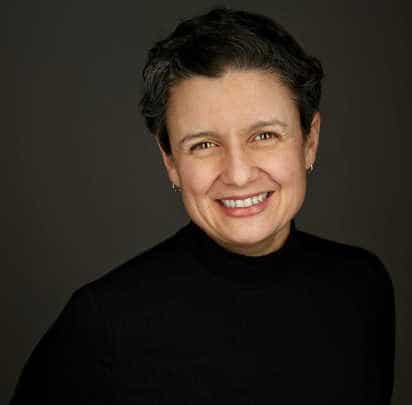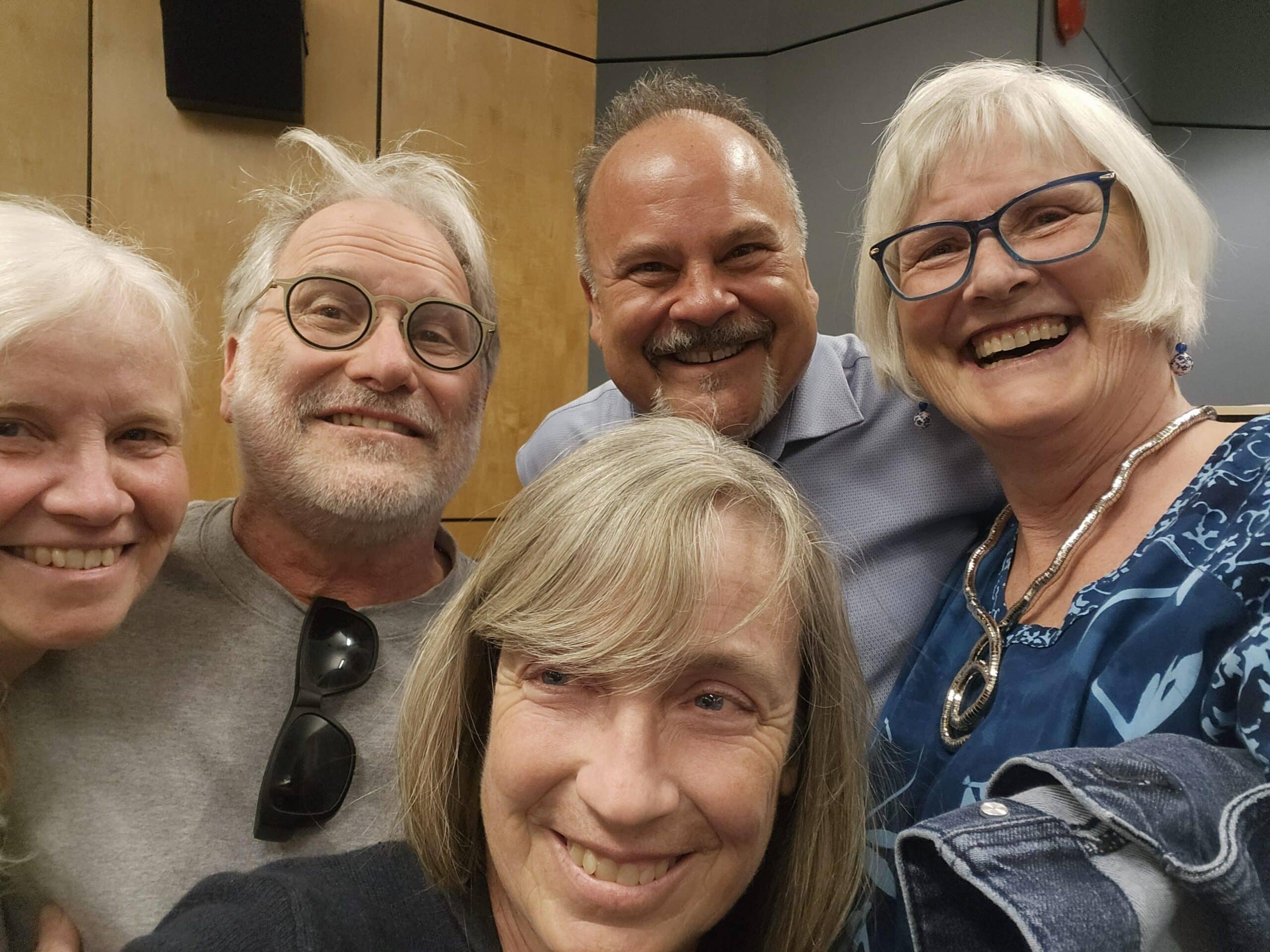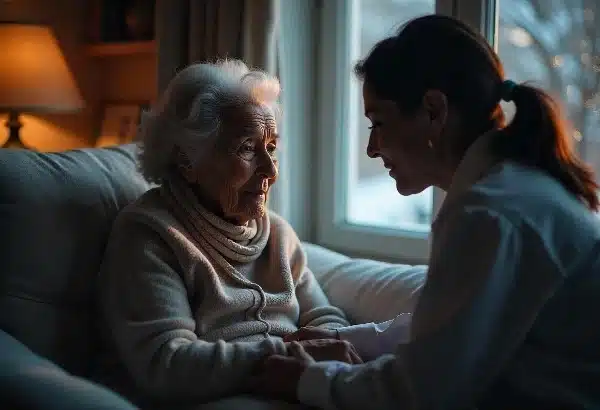In an article titled, “There is no vaccine for grief” Maxine Rattner and Marney Thompson write, “While grief itself isn’t a mental-health condition, unsupported grief can turn into one, such as depression and suicidal thinking. And due to the circumstances of COVID, the risk is far higher that grief won’t be supported.”

Andrea Warnick, an educator, registered psychotherapist, nurse and thanatologist was interviewed about grief during COVID on Canada Talks. She describes the challenge to convince people to take the space to grieve – to make space for the difficult feelings. And she emphasized the importance of allowing oneself to have those difficult feelings. She stressed the importance that even during, perhaps especially during COVID, that people need to connect, share stories, invite stories,… even if we can only do so online.
The Canadian Grief Alliance has called on the federal government to identify the gaps, the best practices, to develop a national public awareness campaign to help people know about loss, grief and to learn what tends to be helpful/not helpful. In Canada there has been an increase in funding for mental health during covid, but there is a great need for grief specific funding, Some of the strategies for mental health issues do not apply to those who are grieving. For example, “thinking positive thoughts” may not be the best strategy when one needs to find space to cry and allow sadness.
“Never in our lifetimes has Canada experienced the volume and complexity of grief as has resulted from the COVID-19 pandemic.
(Canadian Grief Alliance)
Canadians have been robbed of goodbyes with dying friends and family or people they care about and forced to grieve in isolation without funeral rites. They and those working on the front lines of health care are at heightened risk for prolonged, complicated grief marked by depression, and the risk of suicide. Existing grief services are fragmented, under-funded and insufficient. Left unaddressed, significant long-term social, health and economic impacts will result.” Canadian Grief Alliance
What are your thoughts on this? How have you seen COVID affect grief in your lives and community?








